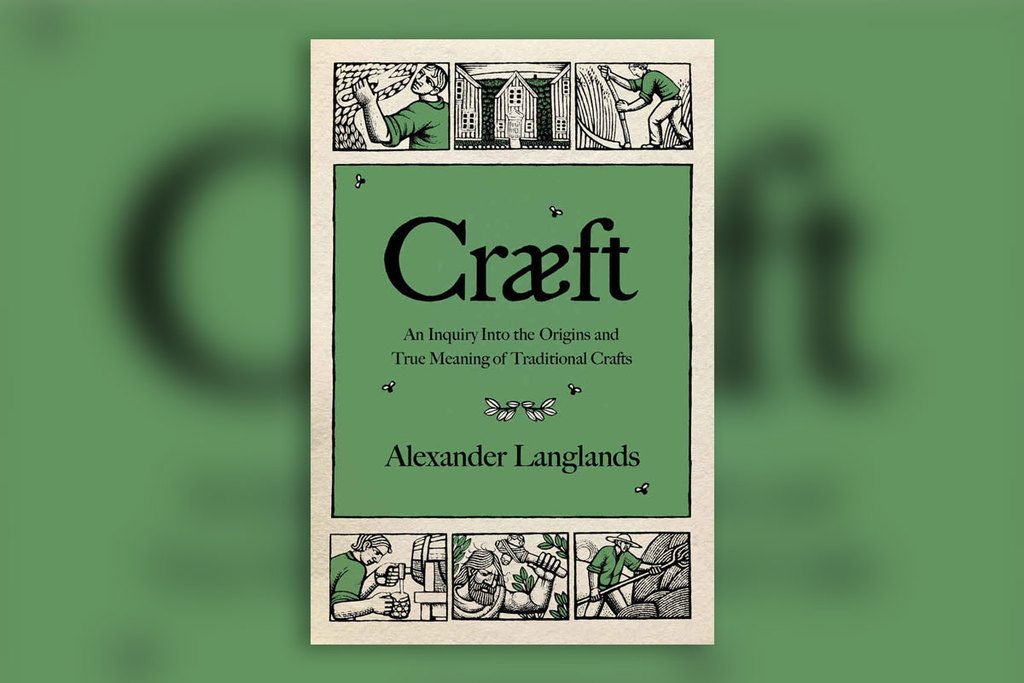Wishlist: A Compelling Appreciation of Old-School Hard Work
“Cræft,” Alexander Langlands’ excellent book, is part history, part travelog, and part hay-making manual.

Cræft: An Inquiry Into the Origins and True Meaning of Traditional Crafts
$17.67, Amazon
In his mid-twenties, Alexander Langlands did what many listless and overconfident urbanites dream about: He beat a path to a remote cottage and took up stewardship of the land. There were fleeting moments of poetry, but mostly it was a hassle, particularly because Langlands had to wrestle with unruly machines.
His arch-nemesis was the strimmer, whose fussy spark plug and carburetor demanded constant upkeep. A year in, a neighbor introduced him to the scythe. The blade razored through thickets of grasses and weeds. Its clanging didn’t drown out the birdsong. Langlands was hooked.
Langlands, now an archaeologist, chronicles this episode in his new book, Cræft: An Inquiry Into the Origins and True Meanings of Traditional Crafts. In his telling, “cræft,” from the Old English, has little to do with microbreweries, coffee roasters, or trinkets. Instead, the book excavates the history of work—thatching, hay-making, tanning and many more—toward the goals of sustenance and survival. The premise is simultaneously straightforward and daunting.
Happily, the book resists tumbling into an elegy for a gauzy, romanticized past, or a booming complaint about the state of our pixelated world. It’s deeply rooted in place, digging into historical practices in Wales, Spain, France, and England. Wherever you live—and regardless of whether you dust off any scythes you happen to have hanging around—it will likely inspire you to go outside and stay quiet for a minute, listening for whatever you can hear on the breeze.
Each item is independently selected by our editorial staff. If you buy something through our links, Atlas Obscura may earn an affiliate commission.










Follow us on Twitter to get the latest on the world's hidden wonders.
Like us on Facebook to get the latest on the world's hidden wonders.
Follow us on Twitter Like us on Facebook